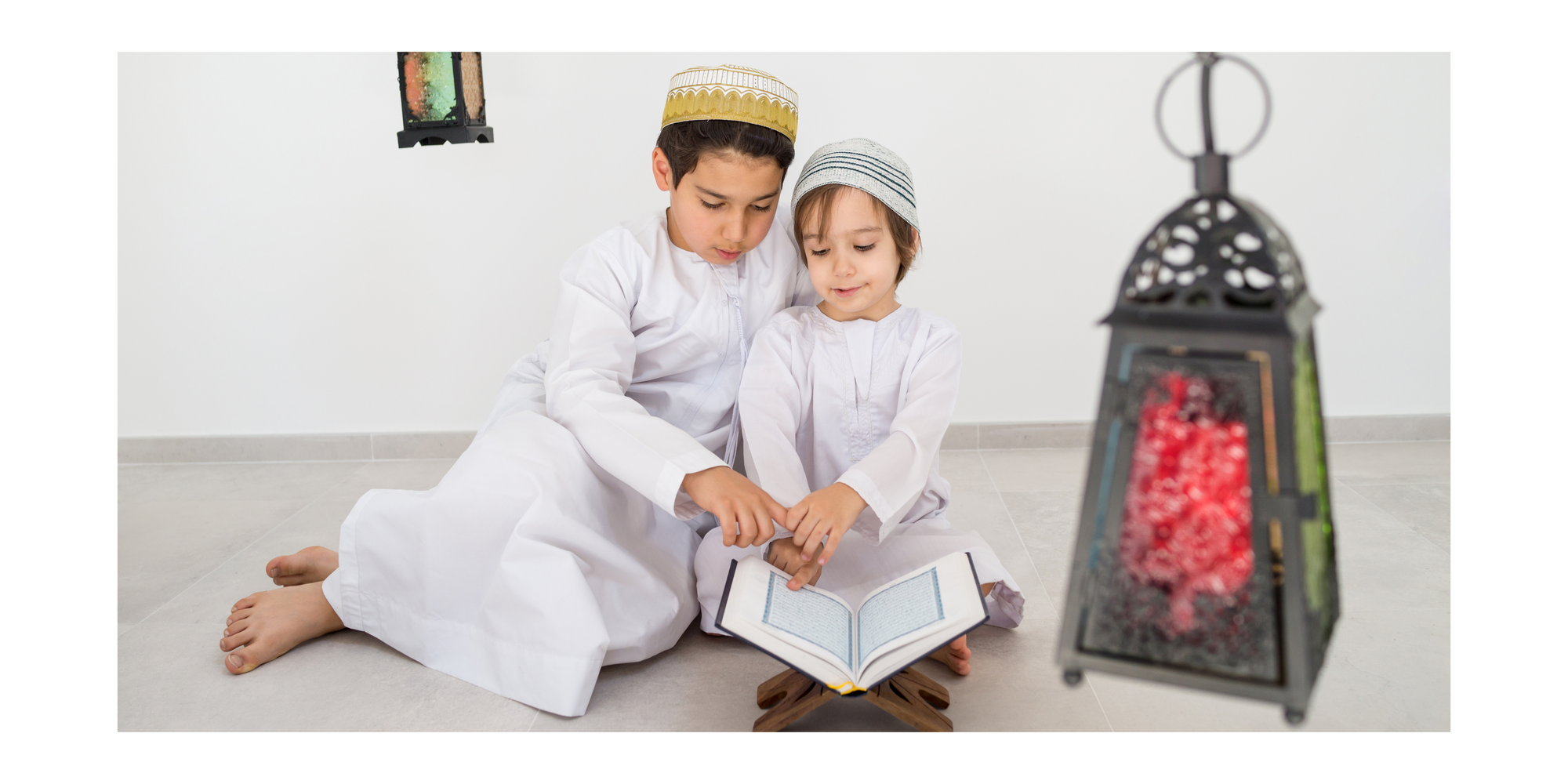Suhoor and Iftar Eating Strategy: How to Keep Your Health in Check During Ramadan?
During Ramadan, Muslims worldwide embark on a journey of fasting, prayer, and charity, marked by the sighting of the crescent moon. Discover how to stay healthy by learning what to eat for suhoor and iftar.

As Muslims worldwide observe the holy month of Ramadan, fasting becomes a central practice in their daily routine. While Ramadan has been observed for centuries as a time of spiritual purification by millions worldwide, concerns about the health impacts of fasting for an extended period have arisen among some individuals. While fasting holds immense spiritual significance, it's essential to prioritize health and well-being during this time. If you find yourself among those who want to know the fasting's effects on your well-being, here's a comprehensive guide to staying healthy and nourished during this blessed month.
Spiritual Significance of Ramadan🕋 🌙 📖
Beyond its physical benefits, fasting during Ramadan holds profound spiritual significance for Muslims worldwide. It is a time for self-reflection, gratitude, and deepening one's connection with Allah. Embrace the opportunity to engage in acts of worship, read the Quran, and seek forgiveness.
Ramadan Fasting
Fasting during Ramadan, known as Sawm, involves abstaining from food and drink from sunrise to sunset. Sawm is a sacred practice symbolizing self-discipline, empathy, and spiritual growth. Adult Muslims who are physically able to fast refrain from consuming food and drink from dawn until sunset. However, certain individuals, such as children, the elderly, pregnant or menstruating women, and those with health conditions, are exempt from fasting.
Read alike post: Maha Shivratri Fasting: What You Can and Cannot Do To Remain Healthy While Fasting
Ramadan Intermittent Fasting
Ramadan fasting, which involves intermittent fasting, encompasses a variety of health benefits that extend beyond its spiritual significance. This practice also known as Ramadan intermittent fasting (RIF), typically involves fasting for 12-14 hours, and has been associated with numerous positive effects on health. It aids in detoxifying the body, promoting weight loss, and enhancing metabolism. Moreover, research suggests that intermittent fasting during Ramadan may contribute to lower blood pressure and cholesterol levels, reduced inflammation, improved insulin sensitivity, and a decreased risk of type 2 diabetes. (1) .
Health Monitoring Devices You Need At Home To Check Your Well-being
To further enhance your health during Ramadan, consider incorporating health monitoring devices into your routine. Devices such as glucometers, ECG pen machines, BP monitors, and pulse oximeters can provide valuable insights into your health status. By having these tools readily available at home, you can actively monitor your health and make informed decisions about your well-being. Explore a wide range of certified and trustworthy health monitoring devices from reputable brands to support your health journey during Ramadan and beyond.
Click to know more about the Top 5 Health Monitoring Devices and Health Gadgets for Your Well-being
Right Nutrition Strategies for Suhoor, Iftar, & Fasting 🍲🥙🧆🍚 🍛🍝 🍞🥕🍊 🍌🍇
⛅Suhoor: Don't skip it!
Suhoor is the meal you have before starting your fast. It plays a crucial role in sustaining energy levels throughout the fasting day. It's super important to eat the right stuff so you don't get those pesky cravings later in the day. Opt for a balanced meal rich in fiber, protein, and complex carbohydrates to promote satiety and regulate blood sugar levels. Incorporate foods like whole grains, lean proteins, fruits, and vegetables to provide sustained energy during the fasting hours. Stuff like mushrooms, avocados, veggies, beans, peas, or nuts will keep you feeling full longer. And don't forget about protein. You can have chicken or eggs for breakfast as they will keep you satisfied way longer than those sugary cereals. Now add carbs in the last. Eating them after your fiber and protein will help prevent those blood sugar spikes and keep you feeling full.
Suhoor is simple: fiber first, then protein, and finally, carbs like toast or paratha. Trust me, this order will help keep those hunger pangs in check throughout the day.
🌙Iftar: Break your fast!
Breaking the fast at sunset, known as Iftar, is a moment of celebration and gratitude. Traditionally, it starts with a date – a quick sugar boost, you know? Then, hydrate with water to prevent dehydration during fasting hours. Instead of one big meal, consider splitting it into two smaller ones. This helps manage your blood sugar levels and keeps any tummy troubles at bay.
Diabetic and Fasting in Ramadan? How to fast safely and what to eat for optimal glucose levels. Here’s a Healthy Diet Plan for Diabetic Patients
Prioritize Sleep 🛌
The hustle and bustle of Ramadan can disrupt your sleep patterns, leaving you feeling tired and drained. With early mornings for suhoor and late nights for prayers, finding time for adequate rest can be challenging, especially with work commitments. Prioritize restful sleep by maintaining a consistent bedtime routine and creating a peaceful sleep environment. Adequate sleep not only rejuvenates the body but also has a profound impact on our hunger hormones. This can help regulate ghrelin, the hunger hormone, and increase levels of leptin, which helps control appetite. So, investing in quality orthopedic support pillow is crucial for rest and overall well-being during this sacred month. So, consider investing in a high-quality memory foam pillow.
With the right sleep pillow, you can enjoy peaceful nights and wake up refreshed, ready to embrace the blessings of Ramadan with a rejuvenated spirit.
After the fajr prayer or fajr ki namaj, a supportive sleeping pillow can provide the restorative rest needed to tackle the day ahead with renewed energy and vitality.

Whether for yourself or as a thoughtful gift for a loved one, a comfortable pillow can make all the difference.
Fasting Precautions and Self-Care
Pregnant women, those with diabetes, and individuals on medication require special consideration. It's essential to prioritize health and well-being while observing religious practices. Remember to practice self-care through prayer, meditation, and spending quality time with family and loved ones.
Your Ramadan Related Questions Answered Below!
Q.1. What are the best way to deal with thirst during Ramadan?
Ans. Drink sufficient water during non-fasting hours, especially at suhoor and iftar. Avoid overly salty, spicy, or caffeinated foods that can increase thirst. Use wet towels or mists to cool down and alleviate thirst.
Q.2. What to eat to not be thirsty for Ramadan?
Ans. Include hydrating foods like watermelon, cucumber, and oranges in your suhoor and iftar meals. Opt for soups and broths with high water content.
Q.3. Should I drink coffee before starting my fast?
Ans. It's advisable to limit or avoid caffeinated beverages like coffee before starting your fast because caffeine can increase urine production, leading to dehydration during fasting hours. Instead, opt for water or hydrating beverages instead to maintain adequate fluid levels.
Ramadan fasting offers a unique opportunity for physical and spiritual renewal. By combining nutritional wisdom with spiritual devotion, Muslims can navigate Ramadan with vitality and reverence. Remember to listen to your body's cues, seek medical guidance when needed, and approach fasting with mindfulness and moderation for a fulfilling Ramadan experience. Let this sacred month be a time of holistic well-being, nourishing the body, mind, and soul. Ramadan Mubarak or Ramadan Kareem ☪🤲🙏!
